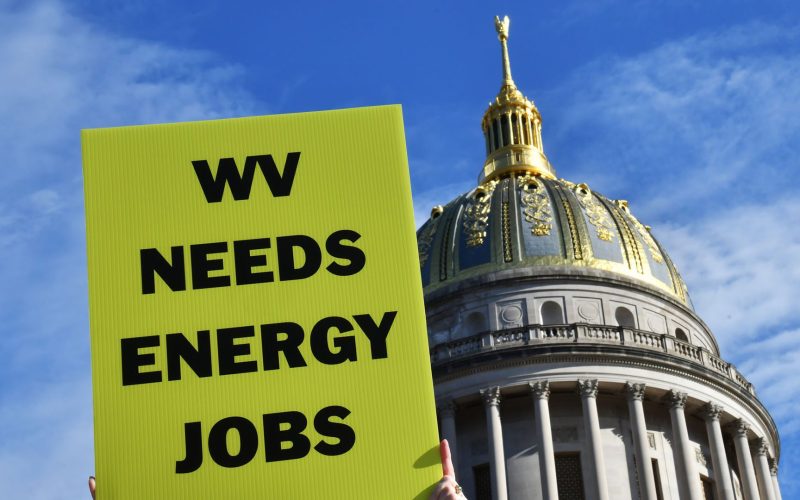THE VOICE FOR THE ENERGY CONSUMER

CEA’s Brydon Ross joined WTVN’s Joel Riley to talk about the 22nd Annual Ohio Energy Management Conference and how Ohio has embraced an all-of-the-above energy policy to take advantage of.
COLUMBIA, SC — Consumer Energy Alliance (CEA), the leading national consumer advocate on energy issues, today released a statement from CEA President David Holt about the organization’s concern with recent.

As winter still grips Ohio, household heating bills are still being kept low by the natural gas produced in our state and the pipelines which safely bring it to families.

Chris Ventura, CEA’s Midwest Executive Director discusses how infrastructure such as pipelines and transmission lines allow for economic growth in Ohio’s manufacturing sector. This low-cost source of energy has led.

CEA’s Brydon Ross had the opportunity to sit down with Leland Conway to discuss current legislation before the Kentucky legislature dealing with solar energy production and how the legislature can.

CEA-Florida Executive Director Kevin Doyle discusses how Florida will need to embrace an all-of-the-above energy policy to keep prices affordable for consumers and power reliable for Florida’s businesses. There are.

Tim Page, CEA Southeast Executive Director, testified on the importance of ensuring American energy production to secure our energy independence and provide more jobs for South Carolina’s families. Advocacy groups.

As public hearings are held across the eastern seaboard about the proposal to access American energy resources, CEA’s Southeast Executive Director Tim Page has been speaking out in support of.
Earlier, we reported local officials across West Virginia spoke about the possible economic benefits of pipeline construction in the state. Today, it was confirmed that multiple local unions are working.

At 10:00 a.m. on Wednesday, February 21st West Virginians from across the state will rally in Charleston in support of the economic opportunities provided by West Virginia’s energy industry. A.